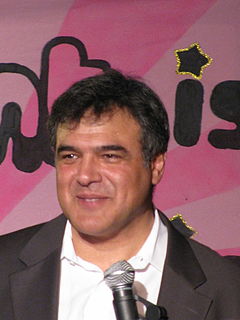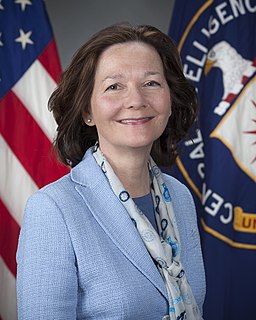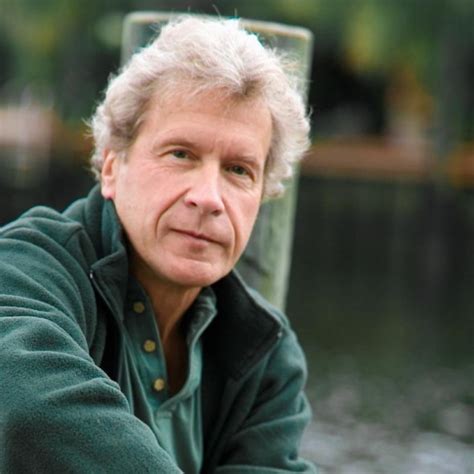A Quote by David Ignatius
The ISI is above all a paramilitary organization. It doesn't do all that much collection of intelligence. It's not a very good spy agency, but it's good at running covert action.
Quote Topics
Related Quotes
It should tell you something that Pakistan's Inter-Services Intelligence (ISI) agency invented the Taliban in the early 1990s only because Hekmatyar, its primary U.S.-bankrolled proxy in the war for control of Afghanistan, had proved too bloodthirsty after the Soviets withdrew, even by the low standards of the ISI's ghastly generals in Rawalpindi.
There is no part of the executive branch that more exists on the outer edge of executive prerogative than the American intelligence community - the intelligence community, CIA, covert action. My literal responsibility as director of CIA with regard to covert action was to inform the Congress - not to seek their approval, to inform.
Stuxnet, Duqu and Flame are not normal, everyday malware, of course. All three of them were most likely developed by a Western intelligence agency as part of covert operations that weren't meant to be discovered. The fact that the malware evaded detection proves how well the attackers did their job.





































